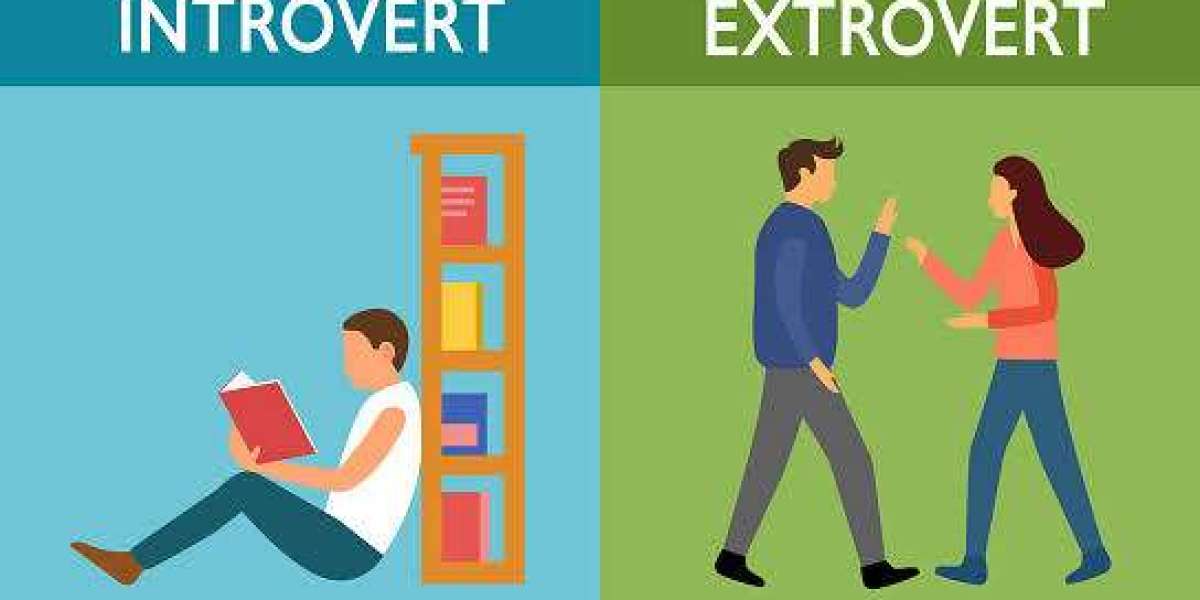High IQ individuals actually prefer their own company, and there’s a very intriguing reason for this, according to a study that was published in the British Journal of Psychology.
First, what is already known: According to the study, evolutionary psychologists have found that people who are normally more intelligent experience less life pleasure from regular social engagement. They conducted a poll of participants between the ages of 18 and 28 and discovered that those who frequented social gatherings with friends more frequently and those who resided in more densely populated areas reported lower levels of enjoyment.
The study puts out the theory that “savannah theory”—or the idea that the things that naturally make us happy are as true today as they were at the birth of civilization—is at the core of contemporary happiness. Smarter people, it is hypothesized, are better able to adjust to the problems of modern life and are more inclined to “leave the group” in order to pursue their own, more meaningful lives. In essence, socializing less is a preference of the intelligent since they do not require a sense of tribal connection to find purpose in their life. In reality, they are the ones who are more likely to choose to follow their own route when given the option of “belonging” or not.
This suggests that our hunter-gatherer brains were perfectly suited to the way of life that prevailed then, when there would have been a smaller population and we would have lived in groups of approximately 150 individuals apiece. To survive, social connection would have been essential. Intelligent people have this capacity for adaptation. In the past, a more advanced human would have been better able to trust their instincts; today, a more advanced human is better equipped to create their own destiny rather than simply following the herd.
This is supported by the fact that, according to self-report, happiness levels are frequently higher in smaller towns than in larger ones. This phenomenon is known as the “urban-rural happiness gradient.” This could be caused by a variety of things, but most likely it’s because people flourish in more intimate social settings and sincere interactions. There is a sense of belonging and community in tiny towns. Instead of feeling lost in the crowd in a larger city, you greet the same folks when you walk out to the deli in the morning. Similar to a larger city, a smaller town places more value on who you are and how you interact with others than on your accomplishments or outward appearance. The point still stands: smart people (and happy people!) flourish in a small number of deep, sincere connections. Intelligent individuals tend to ignore this in favor of their own hobbies.







